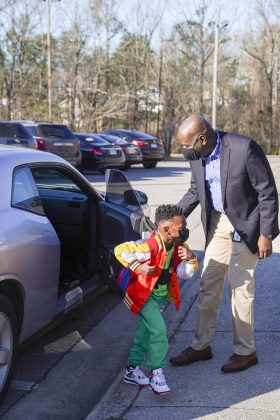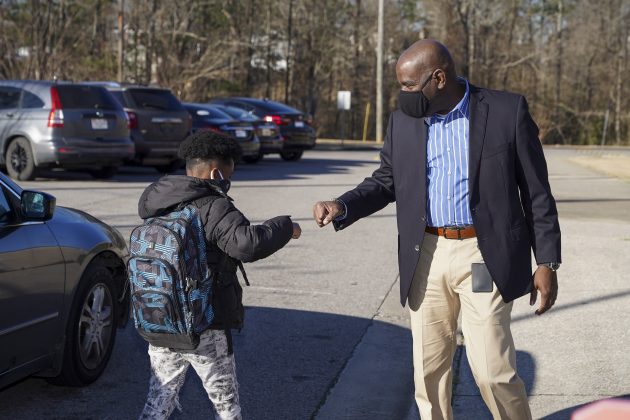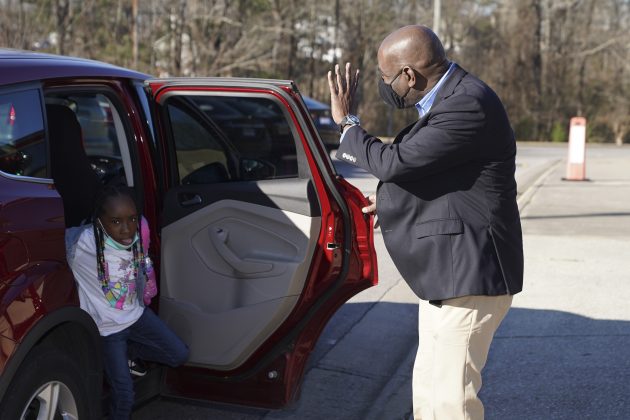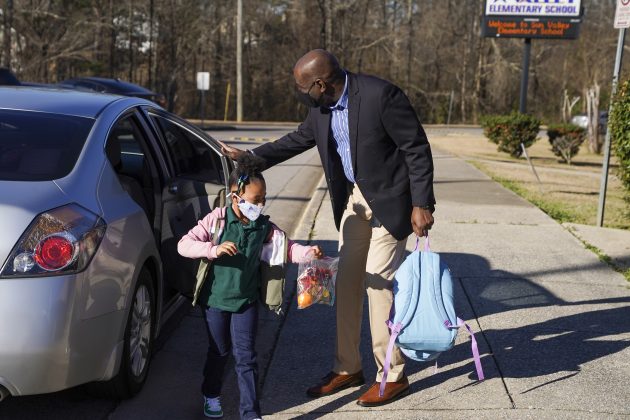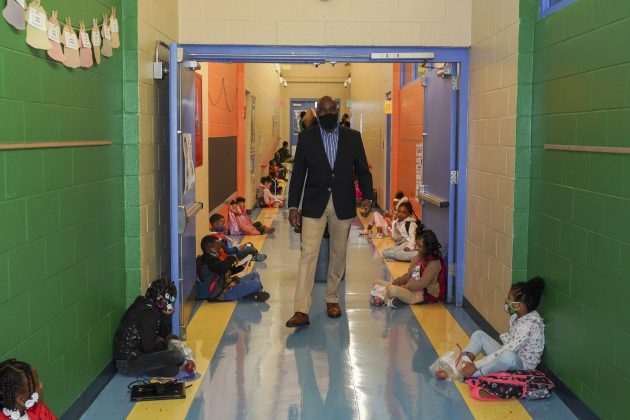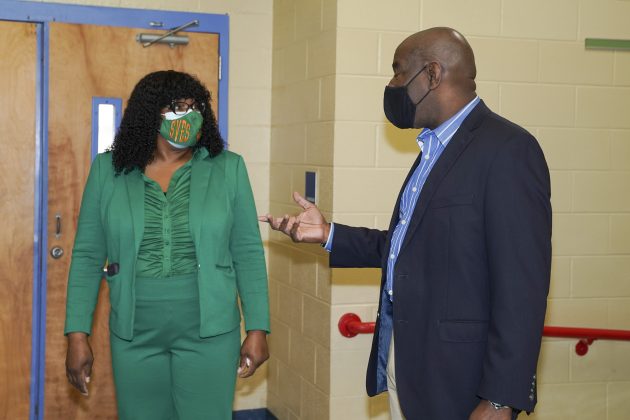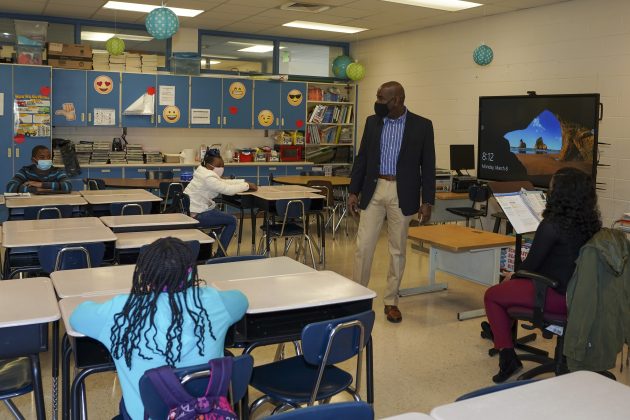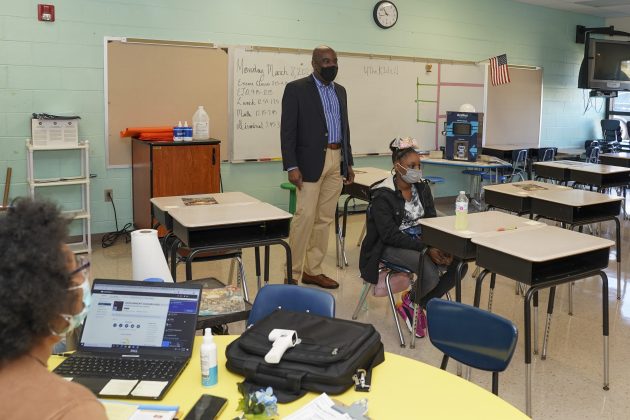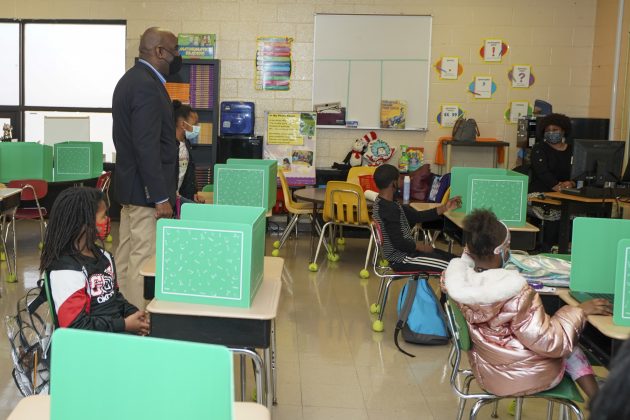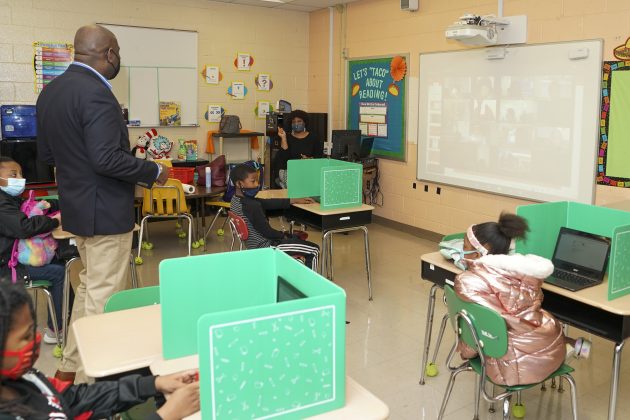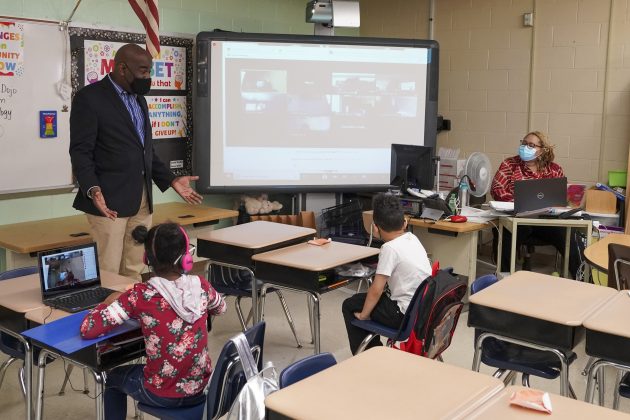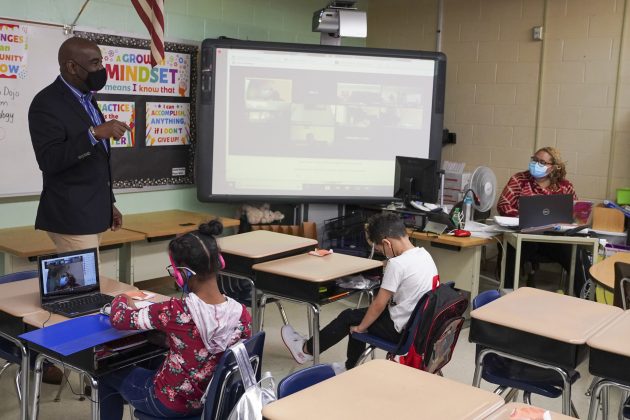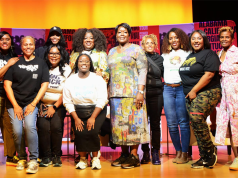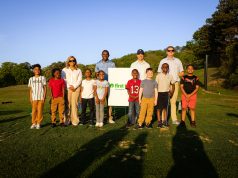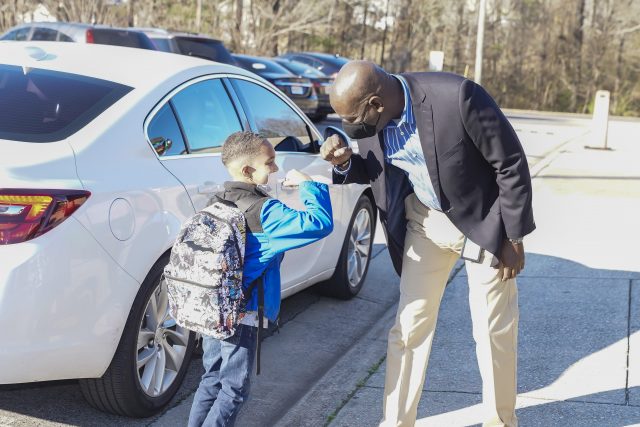
By Erica Wright
The Birmingham Times
When the U.S. shut down last March, Birmingham City Schools (BCS) quickly transitioned to virtual learning with seven weeks left in the academic year.
“What we realized was that many of our students did not have the devices or internet access needed for us to provide instruction in a digital way,” said BCS Superintendent Mark Sullivan, EdD. “Not only that, but we had not really trained our teachers on many of the digital platforms we were using because no one could have predicted where we would be.”
The system began to make immediate adjustments, said Sullivan, who was named permanent superintendent on Aug. 31, 2020. He had been the school system’s acting chief since April 2020, shortly after the pandemic began to cause major disruption.
“We had to make thousands of packets with hundreds of thousands of sheets of activities, enrichment, and instruction to send home to students,” he said. “We did not know the longevity of this pandemic or how to mitigate it, but we knew quickly that we had to change some things if we were going to have school.”
Following the last few weeks of the 2020 school year, the BCS Board of Education worked to make sure the problems they encountered when the pandemic first hit did not occur as the 2021 school year began.
The system spent $10 million on laptop computers, iPads, and Chromebooks, as well as $2.7 million to set up Wi-Fi hotspots for students who did not have internet access or lived in areas with slow internet connections. Last summer, teachers were trained to work virtual platforms, including Zoom, Schoology, and Clever.
“Change the Way We Do School”
In addition, the start of the school year was postponed until September, instead of the usual August start, and classes were conducted virtually instead of in person.
“We had to turn on the dime and completely change the way we do school,” Sullivan said. “We had to come up with a plan to address face-to-face learning, virtual learning, and blended learning. We started a parent academy to teach parents and grandparents how to log on to Zoom and help them understand how Chromebooks and iPads work. There was a lot we had to change within the course of a year.”
In addition to switching the learning models, new sanitation guidelines were put in place.
“We went into the buildings and changed all of the air filters to ensure that we had a better-quality air filter to filter out some of the [pathogens, including viruses and bacteria],” Sullivan said. “We contracted with a company to come in and do deep cleaning in all of our facilities, then we trained all of our custodial staff around cleaning in this new environment. We also bought foggers [to apply disinfectants designed to control the spread of COVID-19] … and set aside a day for deep cleanings. We clean every day and do a deep clean on Wednesdays.”
BCS also spent hundreds of thousands of dollars on personal protective equipment (PPE), including masks, face shields, and gloves, the superintendent said.
Aside from teachers, most BCS staff has been working in person, Sullivan added.
“Our lunchroom staff has been working every day to provide meals. Our bus drivers, instead of picking up kids and taking them to school, have been going to schools, picking up meals, and taking those out to the community,” he said.
Now that spread of the virus has begun to taper off—thanks, in part, to vaccines—teachers returned to classrooms on March 1 and students returned on March 8.
BCS partnered with the University of Alabama at Birmingham Medicine to administer vaccinations to BCS staff.
“We have a little more than 700 people vaccinated, and our goal is to ensure that every one of our employees has the first and second vaccination by the end of April,” said Sullivan.
A New Normal
Getting back to “normal” may take time, Sullivan said: “We’re going to have to do some creative things.”
“We have to provide students with social and emotional support moving forward. We also have to make sure our teachers have what they need because they are carrying a lot of stress,” he added. “Academically, for our students we have to do things differently to address this COVID-19 slide, [or learning loss], along with the traditional [summer] learning slide that students have.”
Sullivan currently has one plan under consideration to bridge the slide.
“We’re proposing a modified calendar that gets students back to school earlier; if approved [by the board], they will be back in school on [August 2],” he said. “It will keep our students engaged in a learning environment sooner and more often so we can help get our kids back to some normalcy and address some of the learning loss kids have experienced through [the COVID-19 pandemic].”
Some pandemic-related changes are likely to be permanent.
“Now that we have devices in the hands of all our students, those devices can help propel education for our students. I think things like a traditional snow day may have gone away,” said Sullivan. “Instead of a child being out for a snow day, it becomes is a virtual learning day, during which teachers are teaching from home and students have the devices, so they are able to continue their instruction.”
He added, “I think it is unfortunate that it took a pandemic in order for us to start looking at inequities in digital devices and internet access. This situation has provided us with an opportunity to give our students what they need so they can be competitive, so I don’t think that is ever going to change.”
Click one of the links below to read more stories about one year after COVID.
COVID-19 And Birmingham: One Year Later
Dr. Mark Sullivan Says Schools Will Open Early, But Not Mid-July


